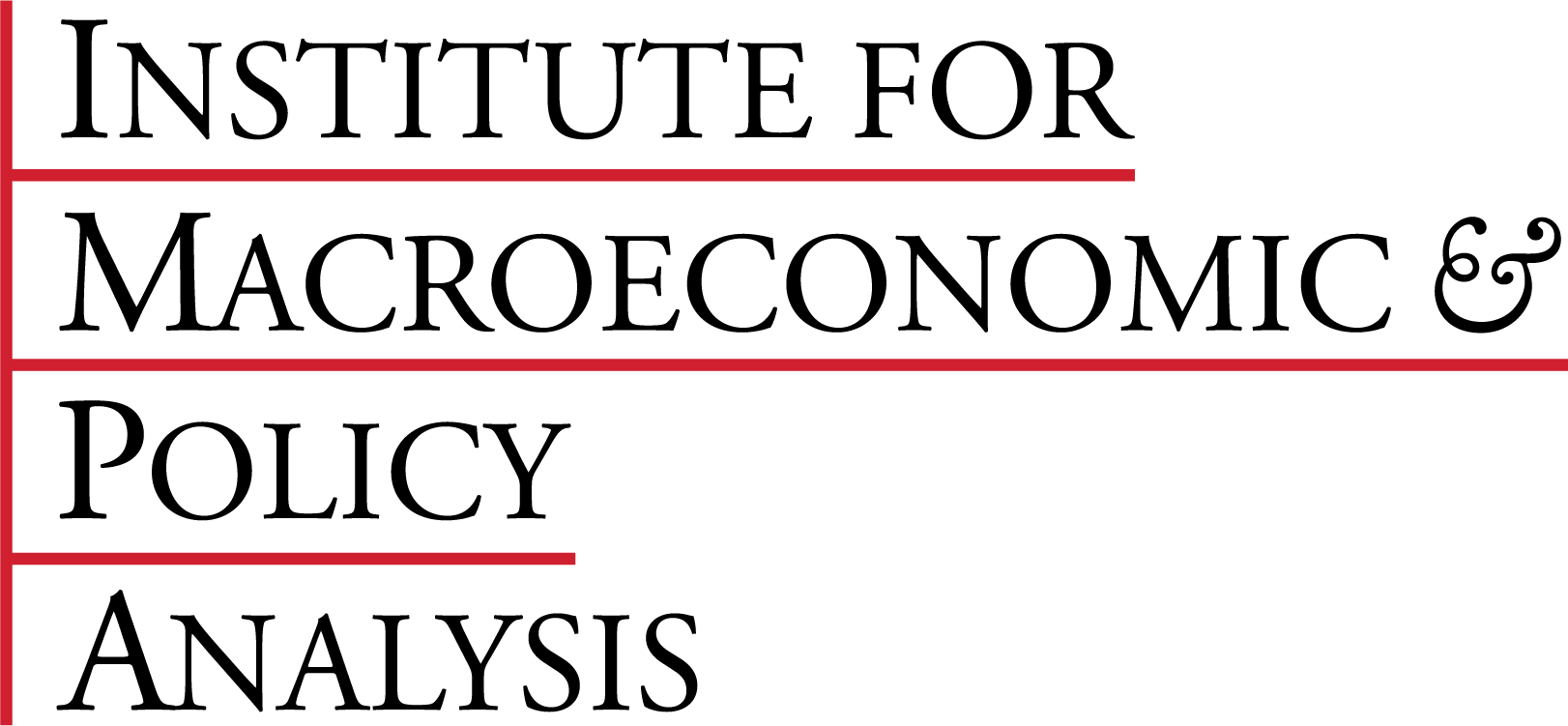Corporate Taxation and Market Power Wealth
Corporate Taxation and Market Power Wealth
By Lídia Brun, Ignacio González, Juan Antonio Montecino
This academic paper studies the aggregate and distributional effects of corporate tax reforms when market power is heterogeneous across sectors and firms. We use a life-cycle model with incomplete markets in which capital and equity do not always move in tandem when corporate tax policy changes. On the one hand, the increase in the tax rate causes the classic partial equilibrium effect of reducing the demand for capital; an effect that can be greater or lower depending on different provisions in the tax code and sectoral characteristics. On the other hand, the tax reduces the value of equity wealth due to the taxation of market power rents, shifting the supply of aggregate equity downward and inducing a negative effect on equity returns. This novel general equilibrium effect reduces the cost of capital and is typically expansionary. In our benchmark calibration, designed to match a realistic distribution of markups and markdowns, as well as the institutional details of the US corporate tax code, increasing the corporate tax rate can stimulate aggregate investment, output, and wages. Moreover, this reform reduces wealth inequality as equity shareholders are concentrated at the top.
